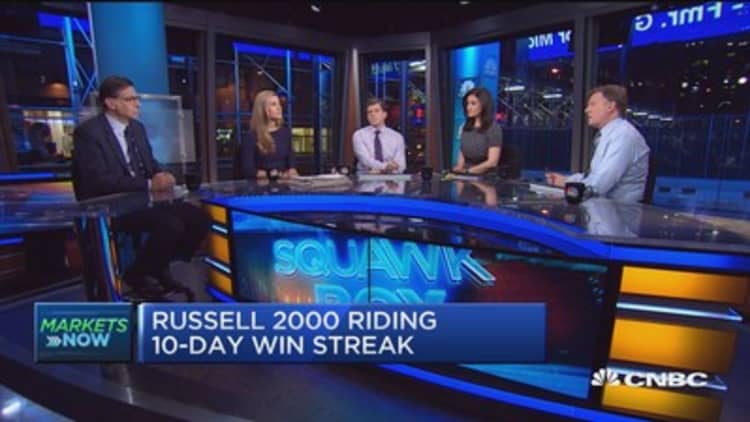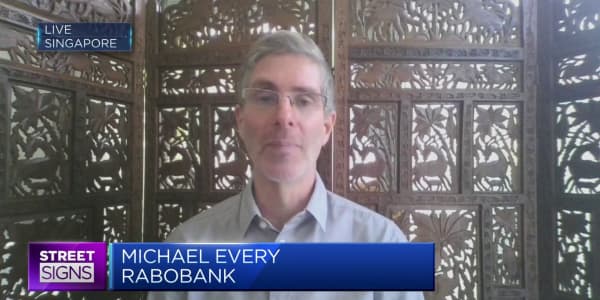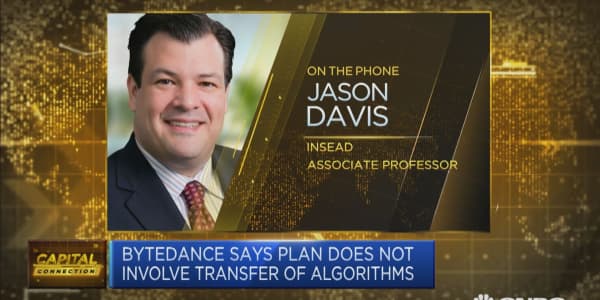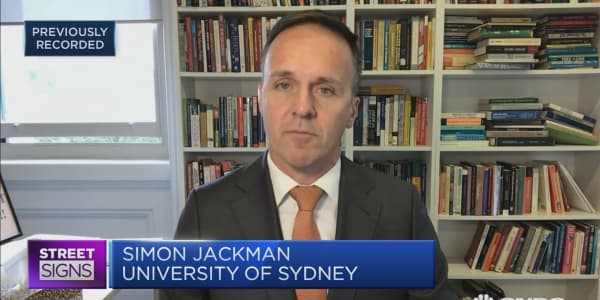
President-elect Donald Trump needs to address the dissatisfaction caused by the gap between corporate profits and worker wages, BMO strategist Jack Ablin told CNBC on Friday.
Wages as a percent of profits hit a historic low in 2011, and though they have been inching higher, Trump has a duty to address the discrepancy because of his large base of working-class support, BMO's executive vice president and chief investment officer told "Squawk Box."
"If Trump is going to … make good on his promise to the people that brought him into office, that split between profits and wages is going to have to tilt back toward wages," Ablin said.
"And unless he can get productivity going, or unless he can get growth going, a lot it's likely going to be at the expense of profits," he added.
Ablin said the populism that Trump engendered during his campaign spurred BMO to shift investments from large-cap companies down to mid-cap companies, or companies with a market capitalization of $2 billion to $10 billion.
"We knew that if anything happens globally it's going to impact the largest companies, particularly those that [will] enjoy the lowest corporate tax rates," he said.
Ablin was surprised by the levels of market volatility since the election. "The market reaction of the Trump victory was as surprising as the Trump victory itself," he said.
Appearing in the same interview on Friday, JPMorgan Funds global market strategist Samantha Azzarello said some of the volatility was overreaction.
"I think some of the concern around yields rising too quickly is a little unwarranted," she said.
The 10-year Treasury yield is pricing in a shift in fiscal spending in response to Trump's infrastructure and defense spending ideas, so "while the move seemed dramatic, it's not that unreasonable," Azzarello said.
"We would expect higher yields, but we were saying that anyways with this idea of healthy normalization," she said. "So as long as it doesn't get too out of hand, which we don't think it will, fixed income still will be fine."





